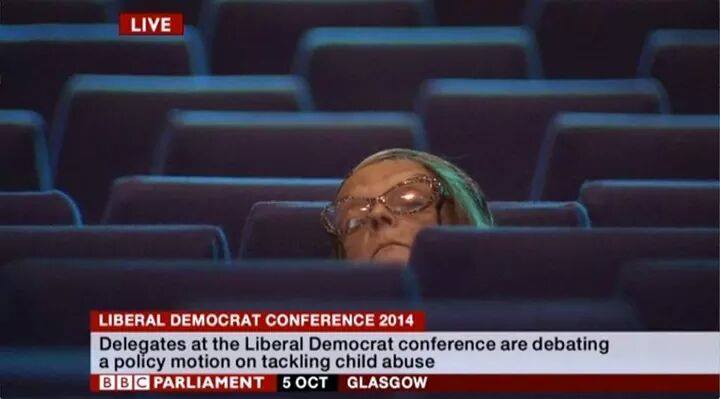Now in it’s third day, senior figures speaking at the Liberal Democrat conference in Glasgow, Scotland have been laying out their vision for the future of the party. Hoping for another hung parliament next year, they have been laying down the requirements for a coalition with rivals Labour or the Conservative Party.
Party leader Nick Clegg used his platform to hit back at new tax cuts unveiled by Conservative leader and Prime Minister David Cameron, in which the latter promised to cut tax for both the lowest paid, and those on middle incomes.
While increasing the tax threshold for those on the minimum wage was a liberal policy that the Conservatives have taken for their own, giving the ‘squeezed middle’ a tax break, while apparently extremely popular with voters, has infuriated the Liberal Democrats. Speaking yesterday Mr. Clegg said “We must raise taxes”, reports the Daily Telegraph.
The Conservative plan would go some way to beat the effect of inflation pulling low-to middle income earners into the 40p rate of tax, by raising the threshold to £50,000. At this level the saving for each affected taxpayer would be some £1,800, and the Tories are hoping the cut will pay for itself through economic growth, however the Liberal democrats have complained it will cost the exchequer £1.6 billion.
Keen to continue the differentiation between the Conservatives and the Liberal Democrats, Secretary of State for Business Vince Cable worked to establish a clear stance on immigration, calling Tory policy “absurd” and “totally unenforceable”, and asserting the Liberal Democrats were the “voice of sanity” in the coalition.
The Conservatives and Liberal Democrats have now ruled the United Kingdom in coalition for four years and are seeking ways to make their parties distinct in the run-up to next years general election. Despite official overtures that the Liberals would join any other party with enough seats to form a government, a Senior minister has warned forming a coalition with Labour would do “enormous damage”, and he “didn’t see Ed Miliband as a prime minister”.
This may cause trouble come May, as present polling shows Labour is likely to emerge as the largest party, even if they are unable to form a majority government. Even if UKIP enters the election with two members of parliament thanks to forthcoming by-elections, they are likely to pick up an additional half dozen members, and together with the Democratic Unionist Party of Ulster could become important power brokers.

COMMENTS
Please let us know if you're having issues with commenting.